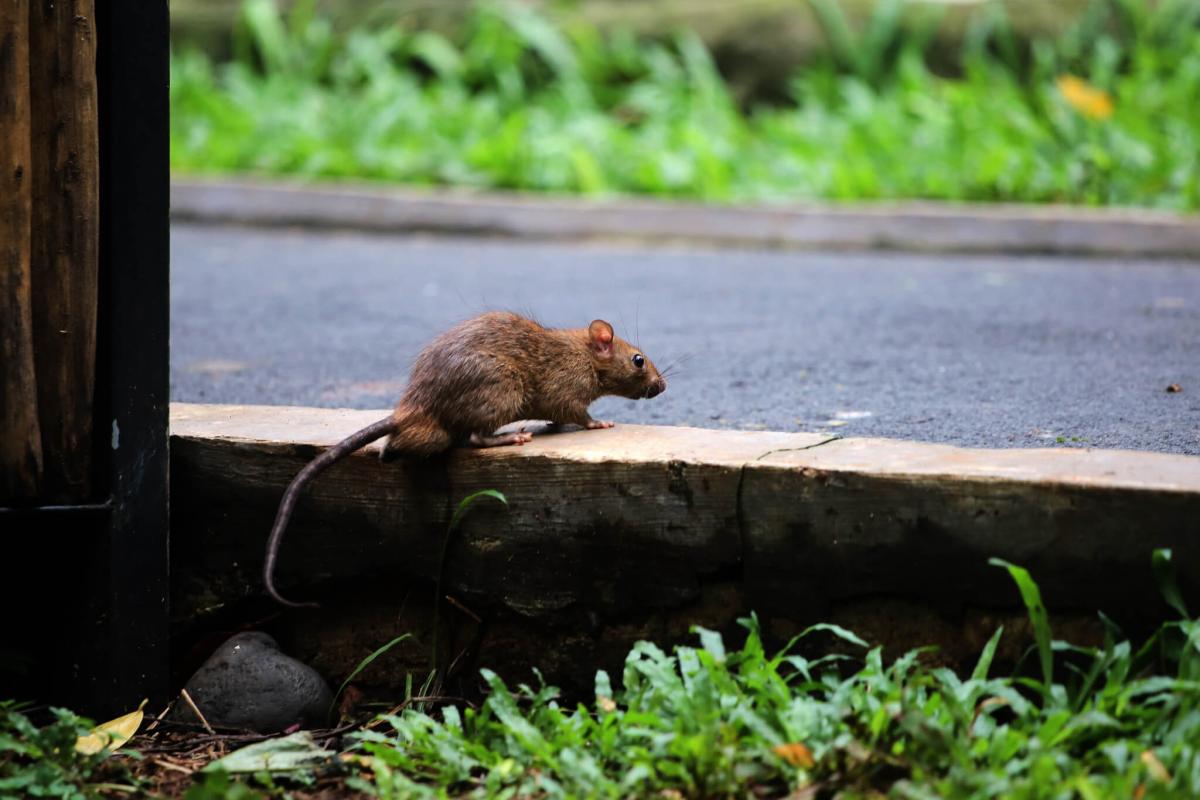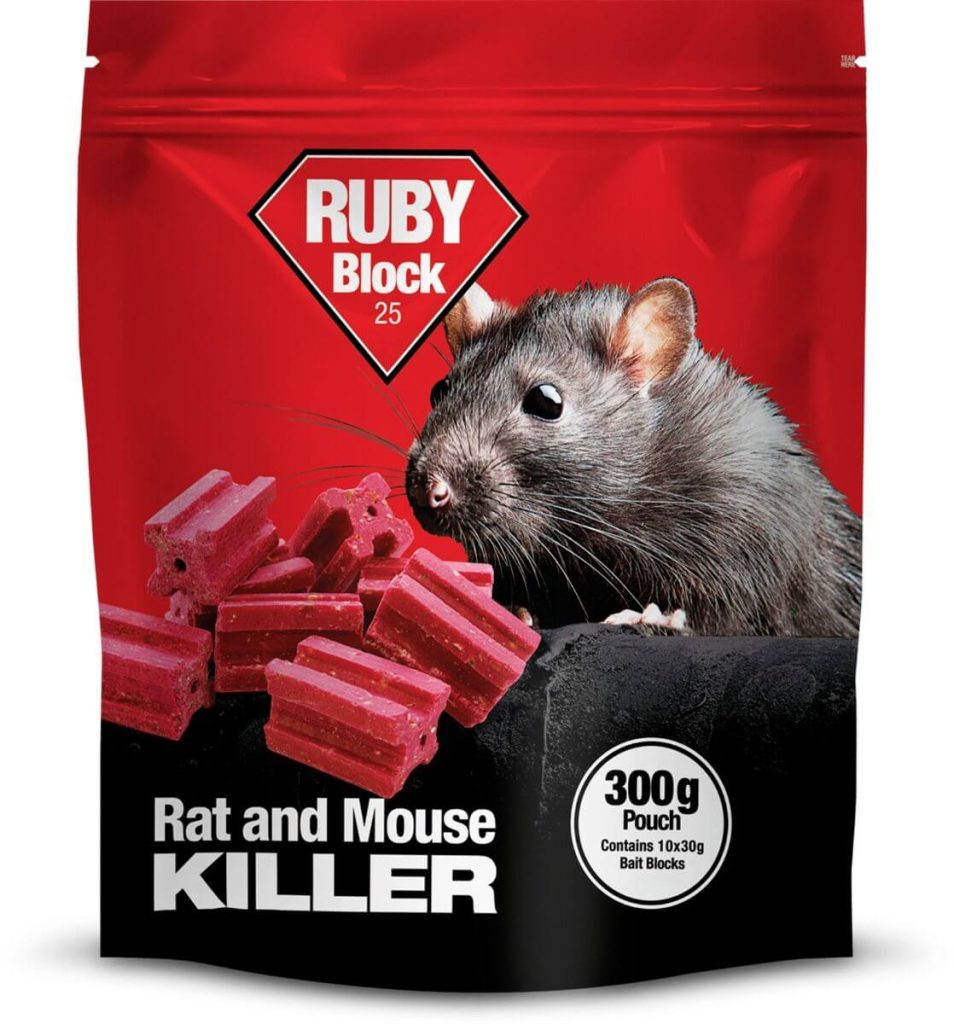
After the harvest season, your farm may be in a quiet period of rest, but pests like rodents can be far from inactive. As the weather turns colder and food becomes scarcer, rodents such as rats and mice seek out warm, sheltered places with a ready food supply. Unfortunately, this often means they target sheds, storage areas, and—crucially—your machinery. Rodent infestations can have devastating effects, particularly when it comes to farm equipment. Taking preventative steps to manage these pests is essential to safeguarding your machinery and avoiding costly repairs.
Why Are Rodents a Problem?
Rodents are notorious for chewing through various materials, including cables, wires, and rubber components. This destructive behaviour poses a significant risk to machinery, especially modern agricultural equipment, which relies heavily on complex electrical systems. Damaged cables and wires can lead to electrical shorts, breakdowns, and even fires. If a key piece of equipment is out of action, it can cause operational delays and unplanned expenses, which can be particularly troublesome during busy periods of planting or harvesting.
Additionally, rodents are carriers of diseases and contaminants, which can compromise both the safety of your farm and its produce. Effective rodent control is crucial for protecting equipment and maintaining a clean, hygienic environment.
How to Protect Your Machinery from Rodents
To ensure your valuable equipment remains in top working condition, consider these key approaches for rodent management:
• Maintaining machinery: Thoroughly cleaning machines like combines and seed drills before storage is essential. Grain and seeds trapped in combines and other equipment can attract vermin.
• Regular Inspections: Check your machinery frequently for signs of rodent activity, including droppings, gnawed wires, or nests. The earlier you identify a problem, the easier it will be to address it.
• Use Proven Rodent Control Solutions: Implement an effective rodent control plan using trusted pest control products.

Trust Lodi’s Pest Control Products
One of the best ways to prevent rodent damage is by using high-quality pest control solutions. Lodi's range of professional pest control products is highly effective in managing rodent populations on farms.
Their products, including rodenticides and baiting stations, are specifically designed for agricultural environments, helping to eliminate existing rodent infestations and deter future ones. By integrating Lodi’s products into your rodent control plan, you’ll be taking an important step towards safeguarding your machinery and overall farm operations.
Upskill with a Lantra Rodent Control Course
Managing rodent populations effectively requires the right knowledge and skills. To ensure you're fully equipped to deal with rodents on your farm, consider completing a Lantra Rodent Control course. Lantra is a leading provider of agricultural training, and their rodent control course is designed to help farmers and landowners understand best practices for rodent prevention, control, and legal compliance.
Following the recent changes to the Campaign for Responsible Rodenticide Use (CRRU) UK Code of Best Practice, more comprehensive learning is required for the purchase of professional rodenticide products. People looking to purchase professional baits will now need to pass a Level 2 regulated qualification.
The course covers essential topics such as Rodent management and the law, target pest species and non-target species, evidence of rodents and site surveys, control programmes and more.
On completion of the assessment that follows this training, certificate holders will be able to purchase and use professional rodenticides on farm or in domestic and industrial situations. Find out more here.
Rodent management after the harvest season is a critical step in maintaining the integrity of your farm's machinery and avoiding potentially costly damage. Proactive rodent management not only protects your equipment but also ensures the smooth running of your farm operations well into the future.
